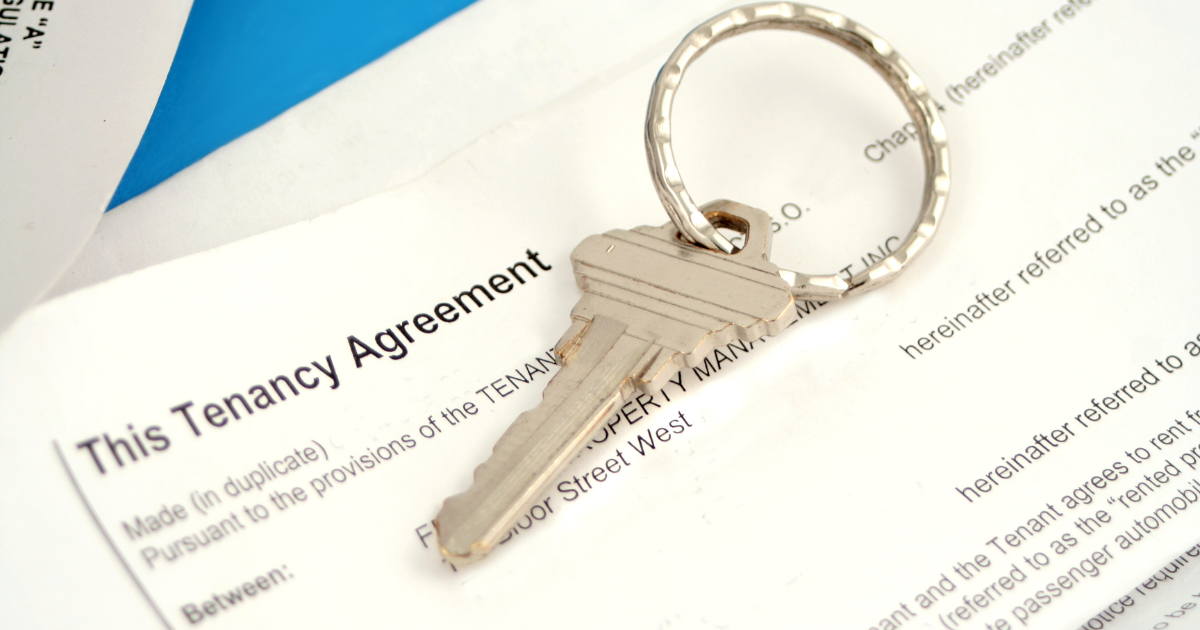Landlords Beware! 3 Tenant Screening Checks You Can't Skip
Finding the right tenant can make or break your rental property success. A thorough tenant screening process isn’t just a formality—it’s essential...
2 min read
Admin : Apr 24, 2025 6:38:59 PM

Big changes just hit the Texas rental market—and whether you're a landlord or a tenant, it’s important to understand how these new laws could affect you. From eviction procedures to HOA regulations, the latest updates are designed to streamline processes, expand housing access, and ensure fairness across the board.
Here’s what you need to know.
Previously, eviction cases handled in Justice of the Peace courts were capped at lower dollar amounts. That limit has now been raised to include claims over $10,000. For landlords, this means larger disputes can be resolved locally without the cost or delays of higher courts.
What it means for you:
Faster resolutions, fewer legal headaches, and more accessible justice at the community level.
In a big win for housing equity, HOAs are now prohibited from restricting landlords who accept Section 8 housing vouchers. This law levels the playing field and gives more tenants access to rental opportunities, regardless of how they pay.
Why this matters:
It opens doors for tenants and protects landlords’ rights to participate in housing assistance programs.
Another key update is the removal of some documentation requirements during the eviction process. This helps landlords act more quickly in cases of non-payment or lease violations.
Bottom line:
Landlords can move through the eviction process with fewer delays, especially important during financially challenging times.
To prevent misuse, Texas has introduced more specific regulations around emotional support animal claims. The changes aim to preserve fair housing protections while also cracking down on fraudulent ESA requests.
Why it matters:
This update strikes a better balance between supporting tenants with legitimate needs and protecting property owners from system abuse.
If you've ever faced a surprisingly steep HOA fine, this one’s for you. A new law places limits on how much HOAs can fine property owners, reducing excessive penalties and encouraging more transparent communication between associations and landlords.
Landlord win:
More fairness and fewer surprise charges from your HOA.
The appeals process has also been simplified for eviction cases involving smaller dollar amounts. This change aims to ease the burden on the court system and help landlords resolve disputes more efficiently.
Quick takeaway:
Less red tape, faster legal clarity.
With all these changes, one thing’s clear: landlord education is more important than ever. Knowing your rights—and your responsibilities—helps you avoid legal missteps and maintain good relationships with tenants.
If you’re managing property in Texas, make it a habit to keep up with policy updates and lean into resources that support legal compliance.
Texas real estate law just changed—are you ready?
At Navigate Property Management, we help landlords stay compliant, informed, and ahead of the curve. Whether it’s updating leases or handling tenant disputes, we’ve got your back.
Let’s connect and navigate these new laws together—so your rentals run smoother, safer, and smarter.

Finding the right tenant can make or break your rental property success. A thorough tenant screening process isn’t just a formality—it’s essential...

Lease terms might not sound exciting—but when it comes to protecting your rental income and boosting tenant satisfaction, a well-structured 12-month...

Managing rental properties can be an amazing way to build wealth and enjoy consistent income. But it’s not without its challenges. At Navigate...